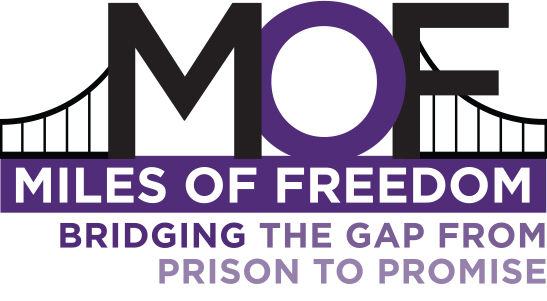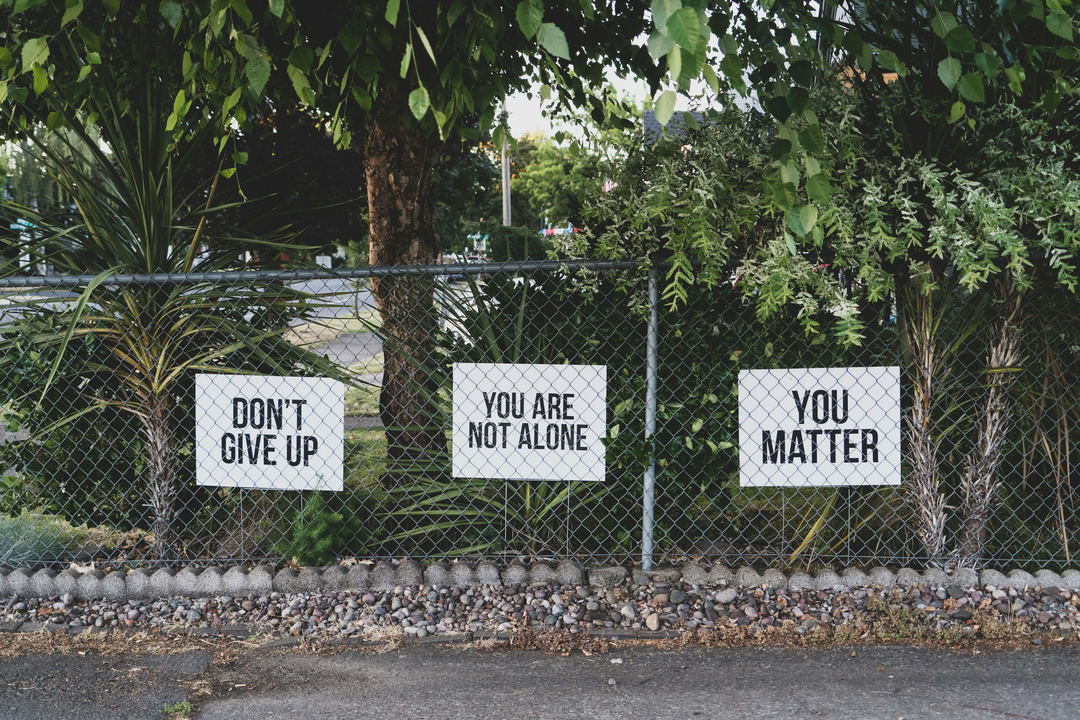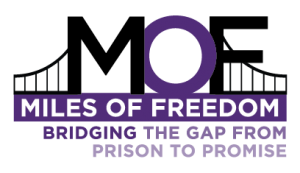Mental Health Behind Bars: Understanding the Intersection of Incarceration and Mental Wellness
In the realm of criminal justice, there exists a significant but often overlooked issue: the intersection of mental health and incarceration.
Mental health challenges affect millions of individuals worldwide, and sadly, many find themselves caught up in the criminal justice system due to a lack of proper support and understanding. Instead of receiving the help they need, they end up behind bars, where their mental health often deteriorates further due to inadequate resources and stigma.
Mental Health Statistics Behind Bars
Studies have shown that a large percentage of incarcerated individuals struggle with mental illness, ranging from depression and anxiety to more severe conditions like schizophrenia. There are approximately 1.2 million individuals living with mental illnesses that sit in jail and prison each year. Without proper intervention, these individuals are at a higher risk of reoffending and perpetuating a cycle of incarceration.
Individuals with mental and substance use disorders are disproportionately represented in the justice system. While about 18% of the general population has a mental illness, a staggering 44% of those in jail and 37% of those in prison are affected by mental illness.
Mental Health in the Justice System
So, what can be done? First and foremost, we need to recognize that mental health is a critical component of overall well-being and should be treated as such within the justice system. This means providing access to mental health services, both within prisons and in the community, to ensure that individuals receive the support they need to address their mental health challenges.
Moreover, there needs to be a shift in the way we perceive and approach incarceration. Rather than solely focusing on punishment, we should prioritize rehabilitation and reintegration into society. This involves implementing programs that address the underlying causes of criminal behavior, including mental health issues, and providing support to help individuals successfully reintegrate into their communities upon release.
Community Approach
Ultimately, addressing the intersection of mental health and incarceration requires a multi-faceted approach that involves collaboration between the criminal justice system, mental health professionals, and the community at large. By working together to support individuals with mental illness, we can help break the cycle of incarceration and promote healthier outcomes for all.
For more information about Miles of Freedom, please visit milesoffreedom.org/contact-us or call 214-290-2337.
References
- https://www.mhanational.org/issues/access-mental-health-care-and-incarceration
- https://www.nimh.nih.gov/health/statistics/mental-illness
- https://bjs.ojp.gov/content/pub/pdf/imhprpji1112.pdf
_______________________________________________________________
My name is Christopher Moorer II; Owner of Make The Healthy Choice. I am an experienced content writer, web designer, graphic designer, and digital marketer that has spent time incarcerated. I hold a degree from the University of North Texas at Dallas in Public Health. I know firsthand the difficulties of trying to rebuild your life after facing such adversity. Find your “Why” and refuse to let your past define you. Instead, use it as motivation to pursue your passions and make a better life for yourself.






